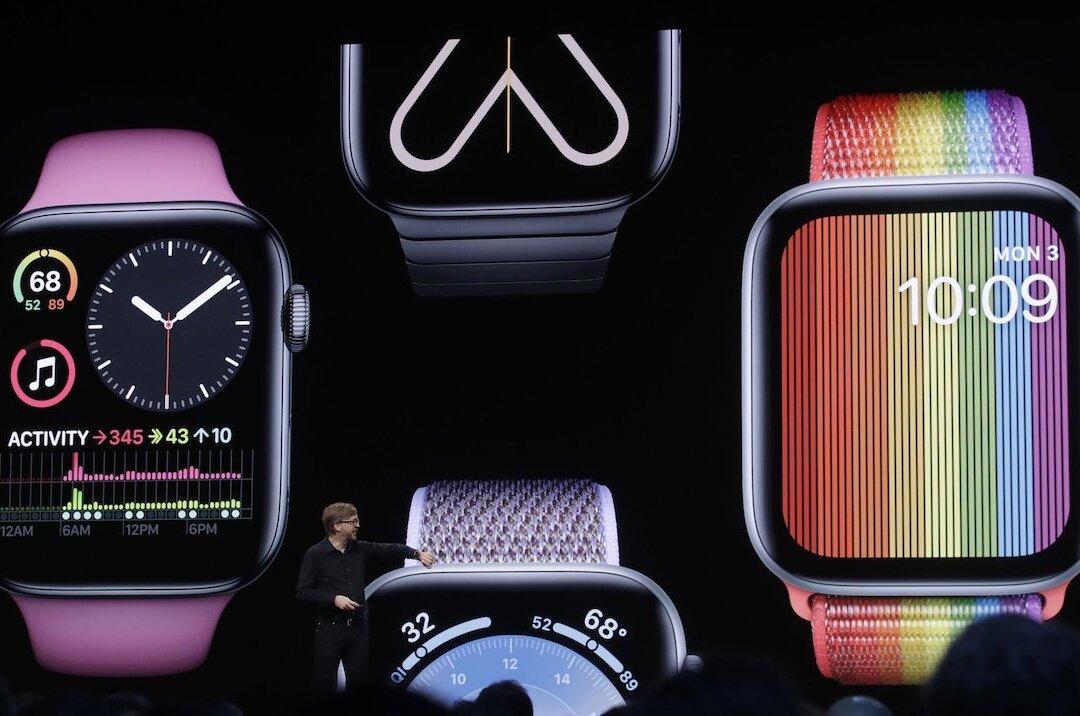SAN JOSE, California—Apple, beset by falling iPhone sales, announced upcoming changes to its phone and computer software intended to highlight its increasing emphasis on digital services and to further position it as a fierce guardian of personal privacy.
The revisions previewed Monday during a conference in San Jose, California, included a new feature that will let people log into apps and other services with an Apple ID instead of relying on similar sign-in options from Facebook and Google—two companies that mine data to sell advertising. Apple said it won’t collect tracking information about users from that service.





